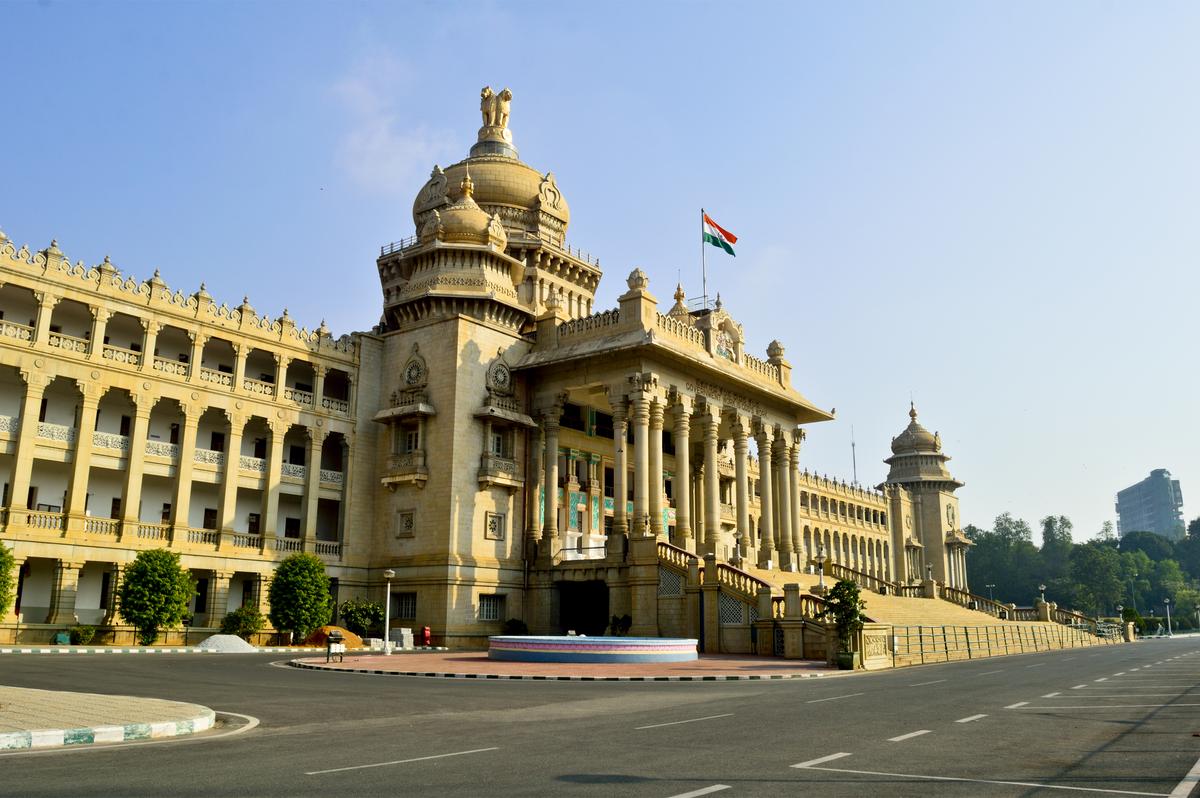In school we called it Holly Kolly, the ball game everyone could play. There was no victory or defeat. It was (we learnt years later) an infinite game. It ended only when the bell for classes rang. You threw the ball into the air and counted to three (in other places they said “Rama, Bhima, Soma”) before someone grabbed it to strike the person nearest; the person gathering the ricochet did the same, and the person after that… and so on.
Vidhana Soudha in Bengaluru is the largest legislature-cum-office building in India.
| Photo Credit:
Getty Images/istock
The manner in which Srikar Raghavan handles the metaphor is brilliant. He weaves a rich, colourful tapestry, imbuing each thread with energy and enthusiasm in this accomplished work of stunning originality, great subtlety and much humour.
Paintings on the landmarks of Karnataka on display at an event in Mysore.
| Photo Credit:
Sriram M.A.
Myriad strands
Tolstoy is quoted as saying somewhere that the most profound critique of a book is the book itself. It is tempting to write a Borgesian review here that reproduces the book exactly. Anything less might do this superbly researched, delicately crafted work an injustice! It is a travelogue through the social, cultural, literary, political, intellectual movements and accidents that made modern Karnataka. There are glimpses of the routes leading to contemporary India too.
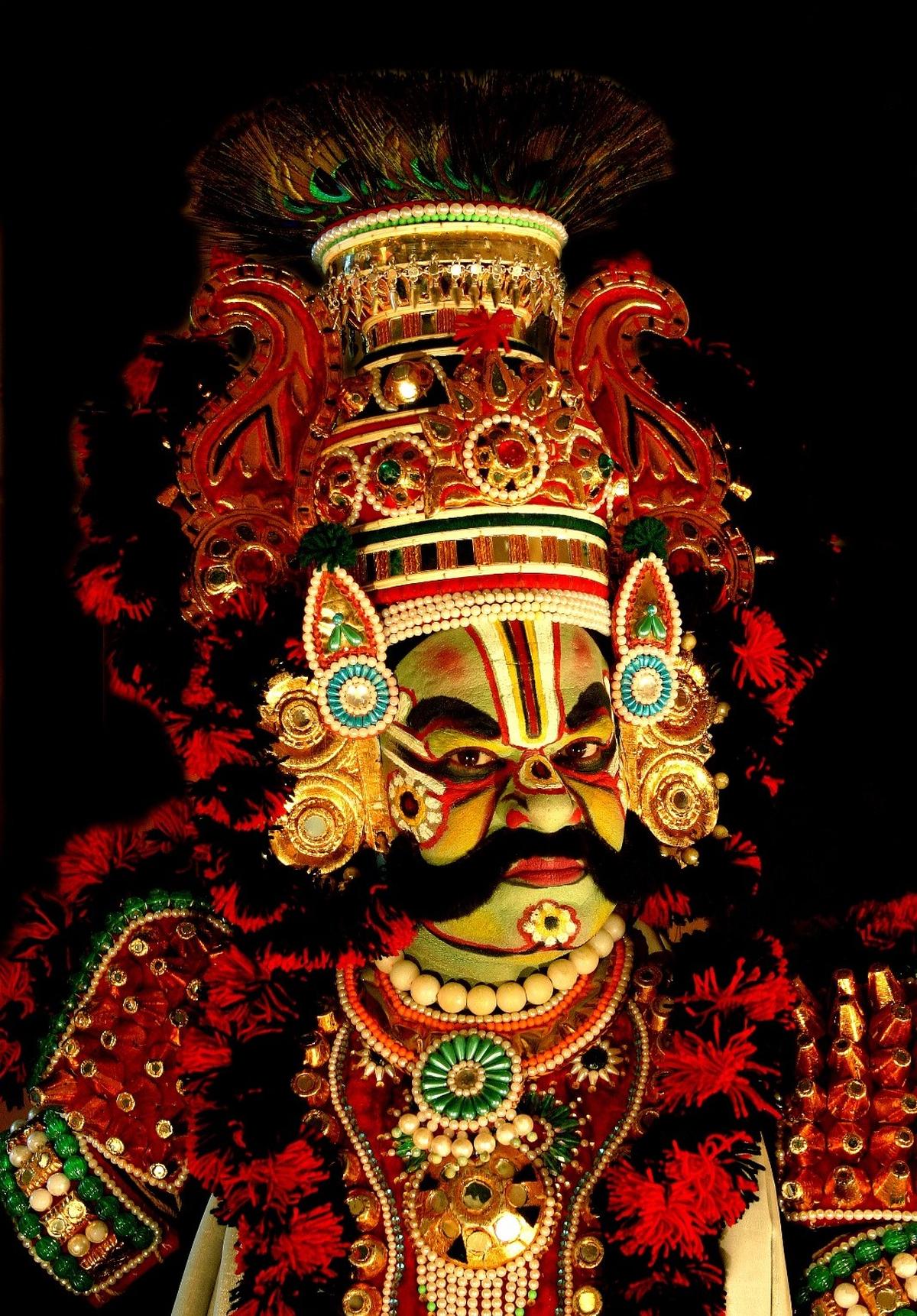
Yakshagana artist Kumble Sridhar Rao
| Photo Credit:
Special arrangement
When the socialist S. Venkatram died, U.R. Ananthamurthy wrote that his funeral was attended by poets, workers, illiterates, journalists, Dalits, men and women of different ages, observing that “political figures like Venkatram are only going to become rarer in the days to come.” It is only when red-hot politics is tempered by the calming influence of culture that such phenomena can take place, says the author, who throws a bridge across the scholarly and the popular without being precious about the former or apologetic about the latter.
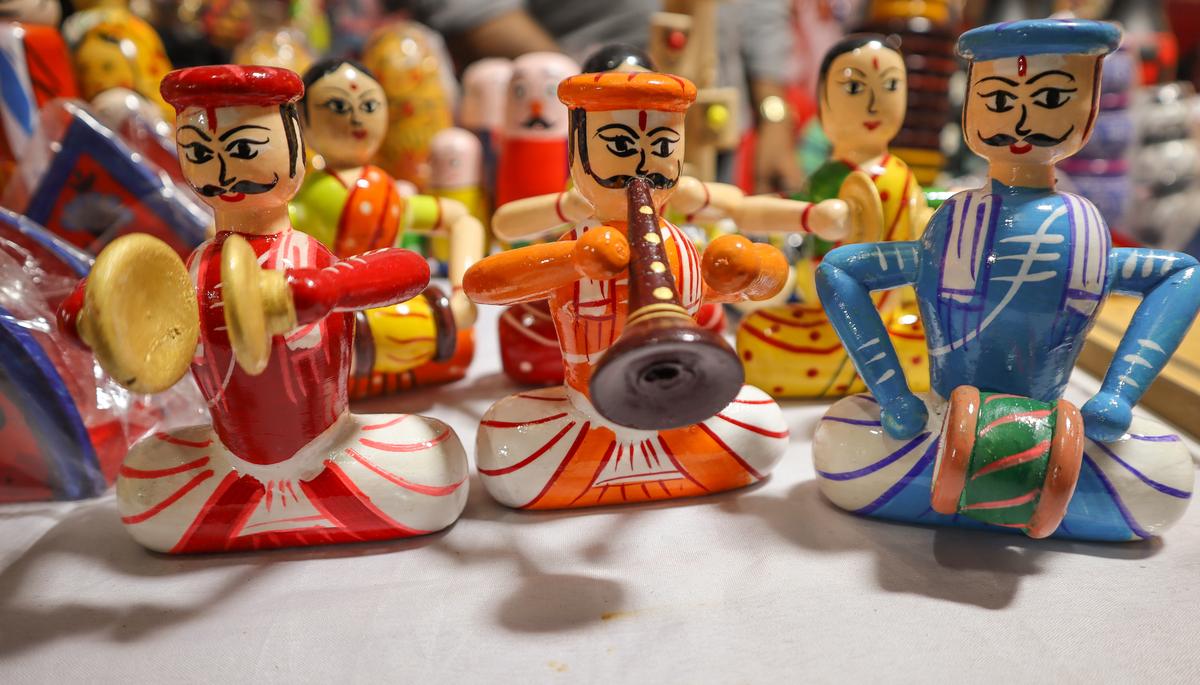
Channapatna toys of Karnataka
| Photo Credit:
Getty Images/iStock
Intellectual masala
He plays with the marga-desi (classical-indigenous) binary, quoting the novelist Richard Crasta, “It is the fate of every educated Indian never to be completely eastern but to be something of a psychological and intellectual masala…” Sometimes margas are created anew. The ‘tradition’ of elites safeguarding Sanskrit’s ‘peculiar orthodox atmosphere’ exists, says the author, as if a language might die if it is made available to more people.
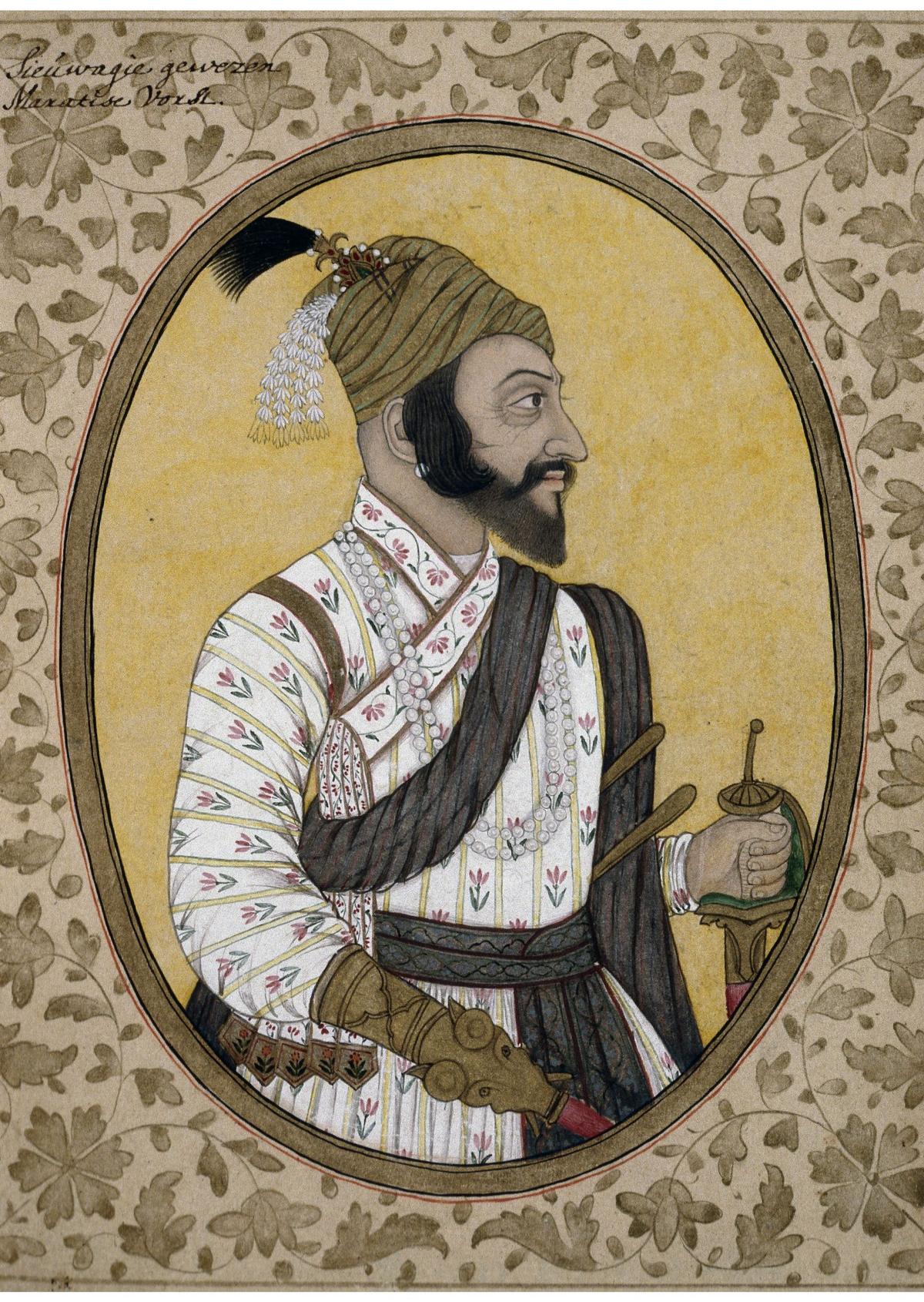
Chhatrapati Shivaji led the initial Maratha campaigns into Karnataka in the 1670s.
| Photo Credit:
Wiki Commons
So much of the book will come as fascinating revelation. I have lived in Bengaluru on and off for over three decades, yet I am ashamed to say I knew nothing of ‘avadhaana’, a performance art combing memory, parallel thinking, impromptu verse creation and other skills. As Raghavan says, “The avadhaani takes centre stage and takes questions and riddles while simultaneously playing chess or counting the number of times a bell goes off and constructing a small poem.” Picture a web browser operating a hundred tabs at the same time, says the author, who affirms marga and desi are amorphous labels depending on historical context. “Once a courtly affair, it has now expanded into the public sphere,” he says, suggesting early the grand synthesis that is an important theme.
Gallery of luminaries
Homes in Karnataka often have cobblestone pathways leading to the main door. Some of the stones touch along the sides, others stand alone, still others barely touch tips. Rama Bhima Soma is a bit like that. Some of the chronicles (the verses are translated by the author) influence others, while some stand independently. Some have only a nodding relationship to the rest. In combination they take you to the door which opens into Karnataka.
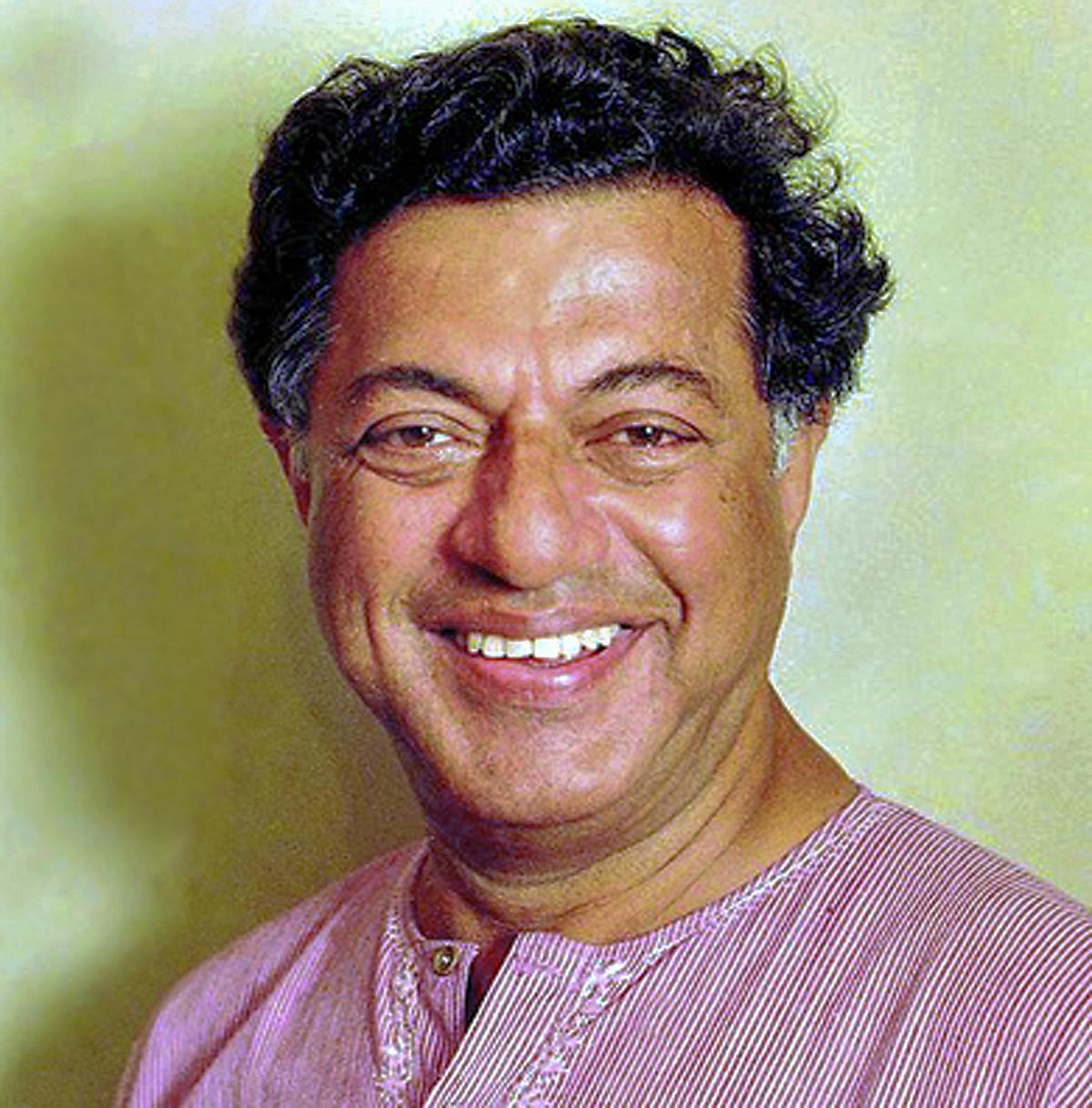
Actor and playwright Girish Karnad.
| Photo Credit:
PTI
It is not just the big names, Shivaram Karanth, Ananthamurthy, Shankar Punekar, Gopalakrishna Adiga, Bhyrappa, Rajkumar, Kalburgi, Dabholkar, Hebbar (there is a superb analysis of this artist’s work), B.V. Karanth, Gopal Gowda, T.P. Kailasam, Girish Karnad, and the politicians and rulers who are invoked. There is ‘history from below’ and nods to the Western canon. Body builders, conmen, crooks, revolutionaries are in the cast too. In the cultural history of a region, no man is an island.
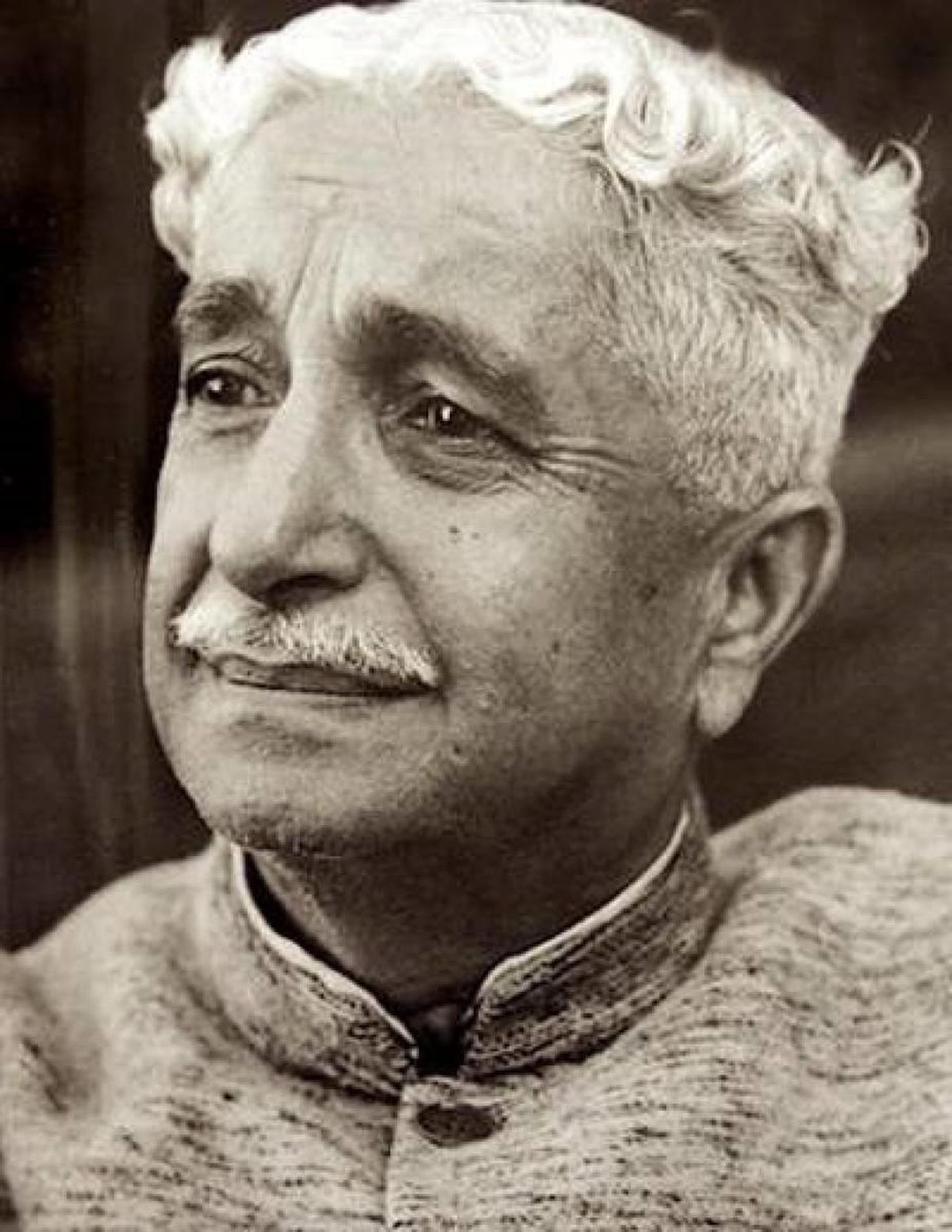
Poet Kuvempu in the 1940s.
| Photo Credit:
Wiki Commons
The “dawn of the twentieth century witnessed a cultural renaissance that dovetailed into a humanist aspiration for more enlightened politics… Through someone like Kuvempu, culture tried to take over the transcendental capabilities that had once been the sole preserve of religion…” says Raghavan.
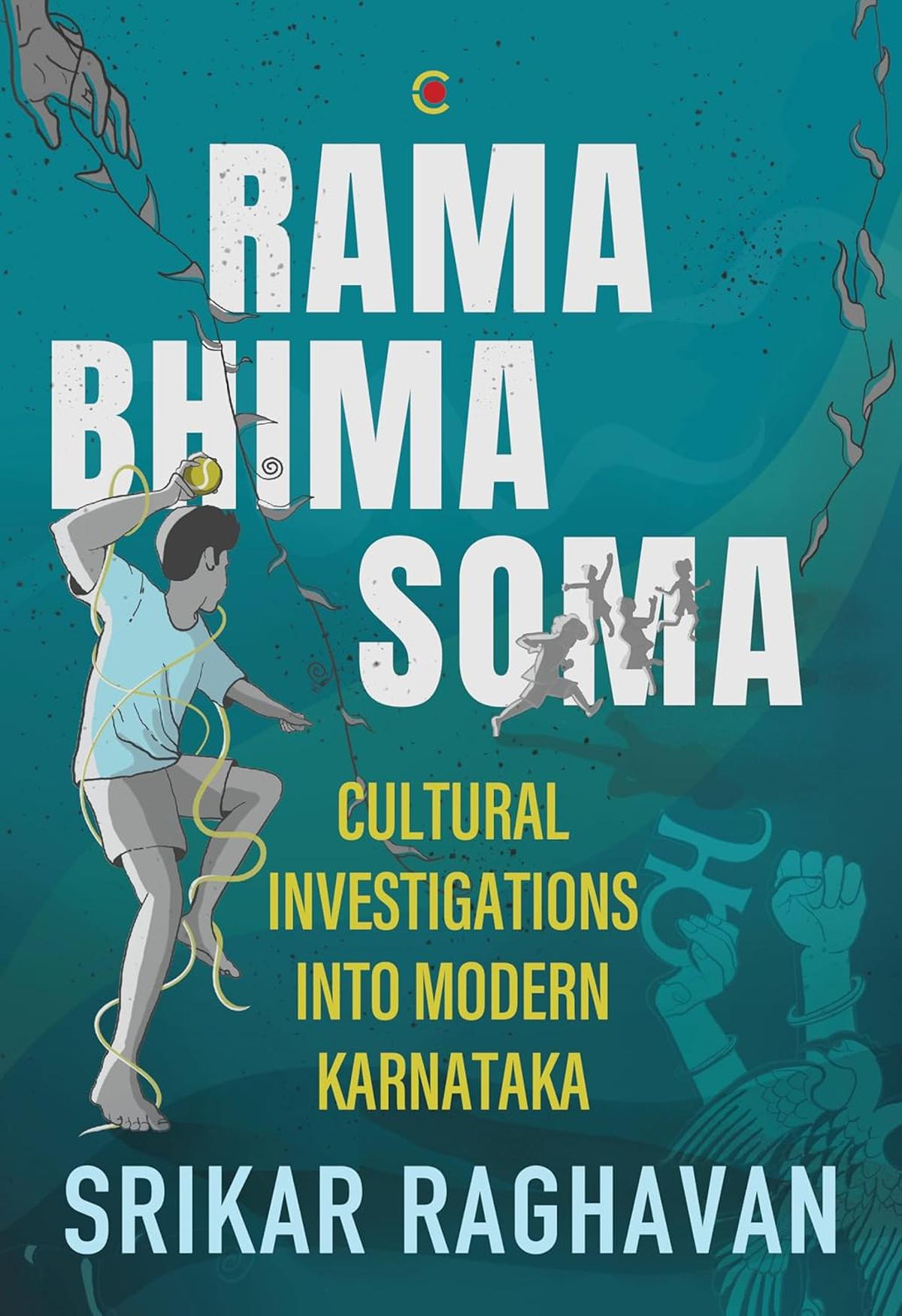
Books within a book
And if you thought we were in the best of all possible worlds, he brings you down with, “within the next few decades, the humbling of culture would segue into the arrival of consumerism… we are caught between a futurism trying to make sense of our cultural heritage, and a medievalism that is engaged in transplanting poorly grasped histories into political ideologies that simultaneously locate themselves in the past, present and future.”
The solution is not immediately apparent, but Raghavan articulates the problem with clarity and lack of cant. As Kierkegaard said, “Life can only be understood backwards, but it must be lived forwards.”
This is a large book containing larger books within it, taking the reader on a rambunctious ride through history.
Rama Bhima Soma; Srikar Raghavan, Context, ₹899.
The reviewer’s latest book is Why Don’t You Write Something I Might Read?.
Published – February 14, 2025 09:01 am IST
Source link
Read More
Visit Our Site
Read our previous article: ‘Do me a f*****g favour! Stop writing about cricket …’: Kevin Pietersen slams UK journalist over England’s training controversy | Cricket News
